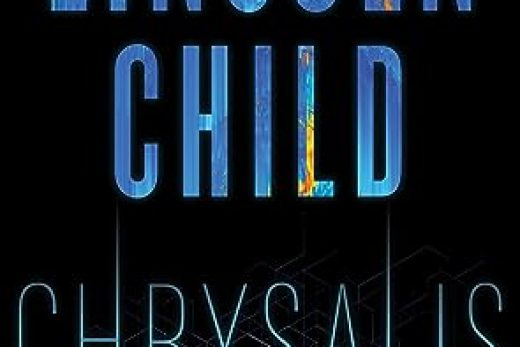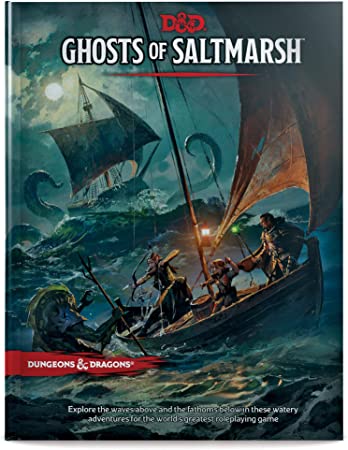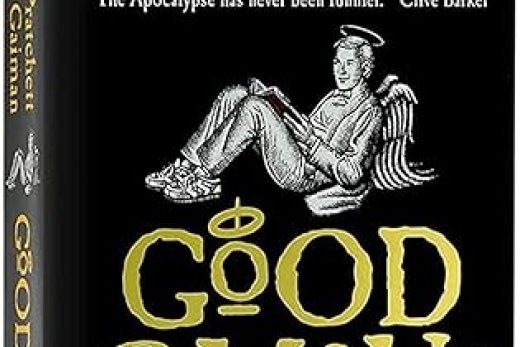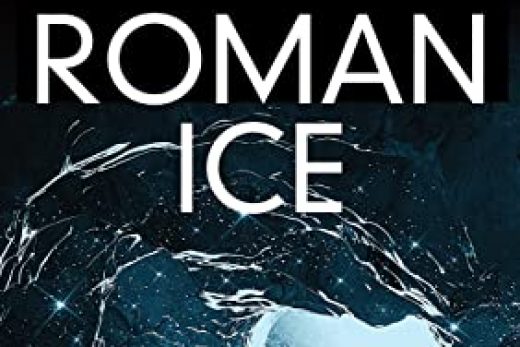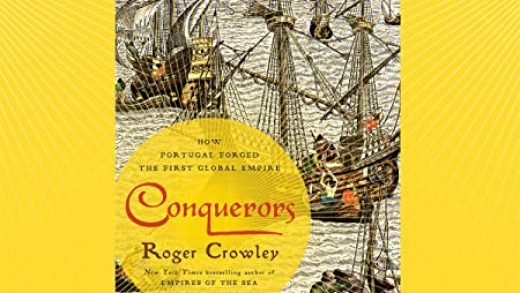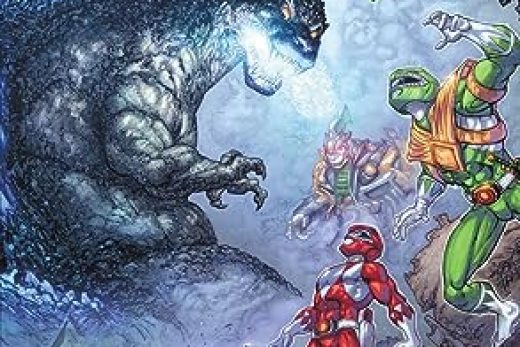Embark on a thrilling adventure through space and time with The Hitchhiker’s Guide to the Galaxy Book 2 by the inimitable Douglas Adams. In this captivating sequel, the author weaves a tale filled with humor, wit, and a unique perspective on the universe. Follow the eccentric characters as they journey through space, encountering bizarre creatures and mind-boggling scenarios that only Adams could have conceived. This analysis will delve into the essence of this entertaining novel, highlighting its themes, structure, and the author’s exceptional writing style.
The Hitchhiker’s Guide to the Galaxy Book 2 picks up where the first book left off, with our beloved characters—Arthur Dent, Ford Prefect, Zaphod Beeblebrox, Trillian, and the melancholic robot, Marvin—still traversing the cosmos. This time, their journey leads them to the titular Restaurant at the End of the Universe, a cosmic eatery offering a literal front-row seat to the end of all existence.
Through Adams’ masterful storytelling, readers are treated to a vivid depiction of the restaurant, its patrons, and the incredible experience of dining with a view of the universe’s ultimate demise. The book’s characters face existential questions and engage in hilarious conversations that are a hallmark of the series.
As the story unfolds, the characters encounter new challenges and revelations that shed light on their previous adventures. The novel delves into topics such as the nature of reality, the importance of perspective, and the absurdity of bureaucracy. Adams’ signature style, characterized by witty dialogue, humorous wordplay, and satirical observations, remains evident throughout the book, making it a delight for fans of the first novel and newcomers alike.
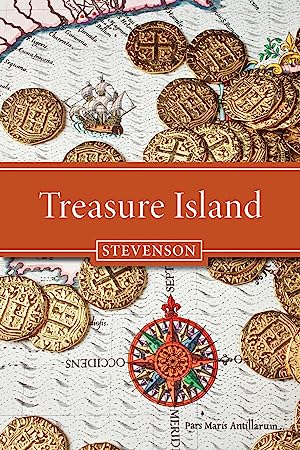
A: While the first book introduces readers to the universe and its characters, the second book delves deeper into their adventures and explores new themes. The Restaurant at the End of the Universe plays a central role in the story, offering new challenges and insights for the characters.
Q: What is the significance of the Restaurant at the End of the Universe?
A: The restaurant serves as a unique setting for the characters to witness the end of the universe and explore existential themes. It also provides an opportunity for Adams to showcase his creativity and humor through the establishment’s patrons, menu, and events.
Q: What makes Douglas Adams’ writing style unique?
A: Adams’ writing is marked by wit, humor, and satire. His clever use of wordplay, memorable characters, and ability to tackle complex themes through absurd and comical situations make his style distinctive and engaging.
